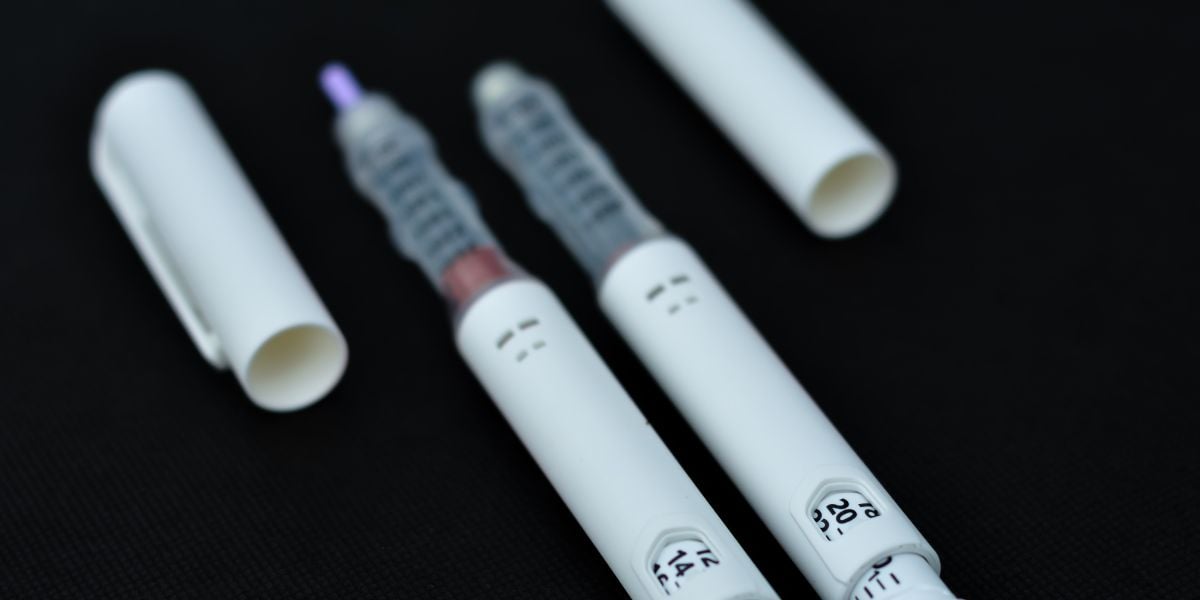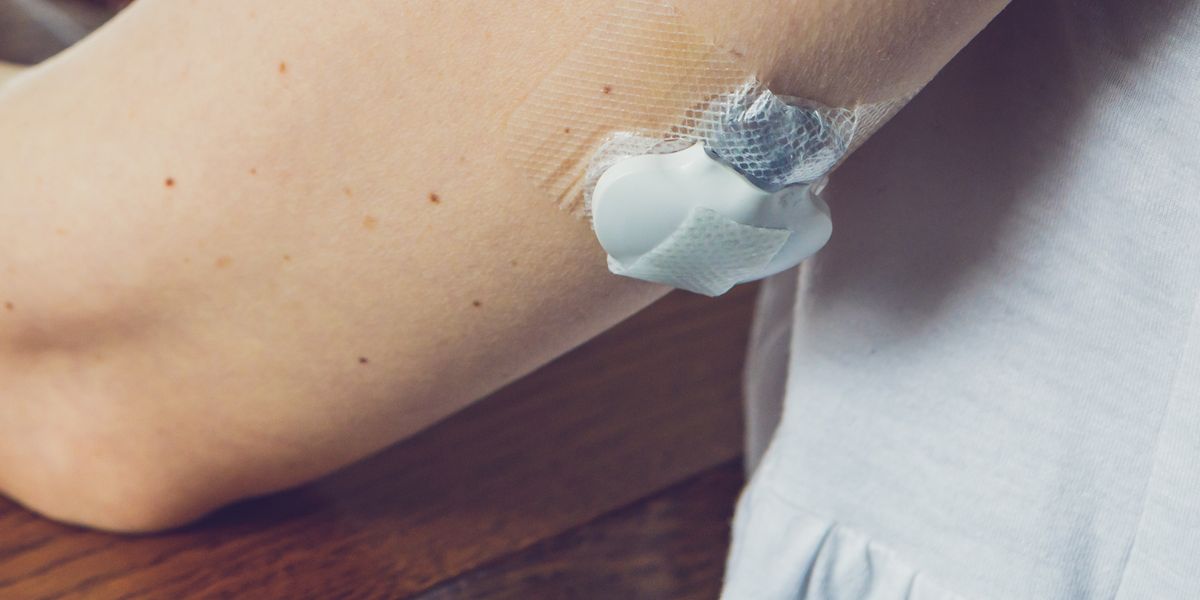The action of insulin measures how soon after injecting insulin will start to work.
The duration of insulin is how long after injecting the dose of insulin will remain working for.
Insulin actions are quite an important concept, particularly for insulin dependent diabetics.
In an ideal treatment, the speed at which your insulin starts to work would perfectly match the rate at which your blood sugar raises after each different meal.
In general, the rapidity of the insulin you take should roughly match the speed at which your blood sugar raises after eating. However, even with advances in insulin production, you may find that the speed in which your insulin acts is no match for the raise in blood sugar.
This can often be the case, particularly if you eat foods with a relatively high glycemic index.
Table of insulin actions
The table gives a guide as to quickly the insulins start to act, between which times they peak and how long their activity lasts for.
The speed at which insulin acts may vary in different people and where you inject can have a significant effect too, so the table should only be used as a rough guide to understand how insulin action times can vary.
| Insulin | Onset begins | Peak activity occurs | Duration after injecting |
|---|---|---|---|
| Analogue rapid | Within 15 mins | 15 mins to 1 hour | 3 to 4 hours |
| Human short | Within 30 mins | 1 to 3 hours | 6 to 8 hours |
| Animal short | Within 1 hour | 2 to 5 hours | 6 to 8 hours |
| Human intermediate | Within 2 hours | 2 to 12 hours | 18 to 24 hours |
| Animal intermediate | Within 2 hours | 6 to 12 hours | 18 to 24 hours |
| Analogue long | Within 1 hour | No peak as such | 18 to 24 hours |
| Analogue ultra-long | Within 1 hour | No peak as such | More than 42 hours |
| Animal long* | 4 to 6 hours | 10 to 20 hours | 28 to 36 hours |
* Refers to Hypurin Bovine PZI only
Analogue long acting insulins , such as Lantus, Levemir and Tresiba are designed not to have a peak action as such but to release insulin consistently over their duration of activity.




